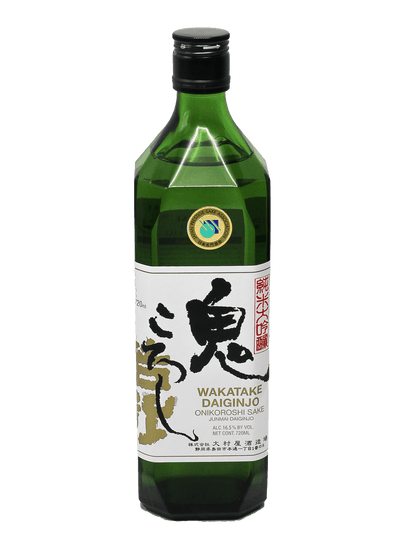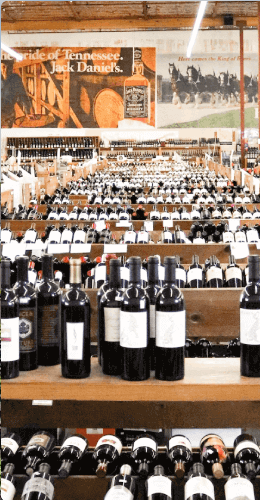What Does “Reserve” Mean on a Wine Label?

In many countries there’s no regulation regarding putting the name “Reserve” on a wine; but in others, especially in Europe, reserve wines are tightly controlled. Let’s take a look at what “Reserve” and its equivalent in other languages might mean. You can find these reserve wine at your favorite online wine store.
How Did the Concept of Reserve Wines Come About?
This relates to the fact that wine, especially finer examples, can get better with age. Winemakers decided to hold back, or “reserve,” specific wines that could be sold at a higher price later on.
The origin of the "reserve" concept for wine can thus be traced back to the tradition of cellaring and aging wine. In the past, winemakers would set aside a portion of their best wine each year and age it in the cellar, sometimes for many years, before releasing it as a special or "reserve" wine. This wine was usually made from the best grapes, using the best winemaking techniques, and was often hold for special occasions or for sale to special customers.
Over time, the term "reserve" came to be associated with high-quality wine, and wineries began to use the term as a way to indicate that a wine was of a higher quality than their standard offerings. Today, the use of the term "reserve" varies from country to country and winery to winery, with some countries, like Italy and Spain, having specific regulations governing the use of the term, while others, like the United States, have no specific definition.
Regardless of the specifics, "reserve" wines should be associated with high-quality, aged wine that is set aside for special occasions or for sale to discerning customers, although that’s not always the case. Especially in places like the United States and Australia, the “reserve” label may be bandied about without much connection to quality or ageability.
Countries Where Reserve Wines Have Rules
Many wine-producing countries have regulations regarding the use of terms like "reserve" or its equivalents. The specific requirements for these terms vary from country to country and can include minimum aging requirements, maximum yield restrictions, and specific grape varieties that must be used.
For example, in France, the term "Réserve" can be used for wine that has been aged for a longer period of time than the winery's standard offerings. In Spain, the term "Reserva" is used to indicate a higher quality wine. Spanish wine regulations dictate that for a wine to be labeled as "Reserva," it must be aged for a minimum of three years, with at least one year in oak barrels. These aging requirements result in a wine that is generally considered to be of higher quality and with a more complex flavor profile compared to non-Reserva wines. In addition, some wine regions, such as Ribera del Duero and Rioja, have their own stricter regulations regarding labels such as Crianza, Reserva, and Gran Reserva.
It is important to note that the national wine classification system in Spain is based on aging requirements and does not necessarily reflect the quality of the grapes used or the winemaking techniques employed.
In Italy, the term "Riserva" is regulated by the country's wine classification system, known as the Denominazione di Origine Controllata e Garantita (DOCG).
To be labeled as a "Riserva," a wine must meet certain requirements, including:
- Grape variety
- Aging requirements: The wine must be aged for a minimum of two years, with at least six months in oak barrels. For certain DOCG wines, such as Chianti Riserva, the aging requirements are even more stringent, requiring a minimum of three years of aging, with at least one year in oak barrels.
- Yield restrictions: The amount of grapes that can be harvested from a vineyard is limited for DOCG wines, including Riservas, to ensure the quality of the grapes used.
These regulations are designed to ensure that wines labeled as "Riserva" meet a certain standard of quality, and that the term "Riserva" is used consistently across Italy. By choosing a wine labeled as "Riserva," a consumer can have confidence that they are buying a wine that has been aged for a longer period of time and is made from high-quality grapes.


















Leave a comment